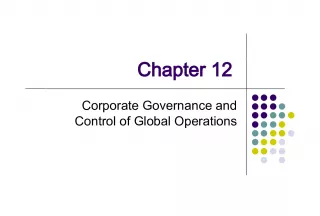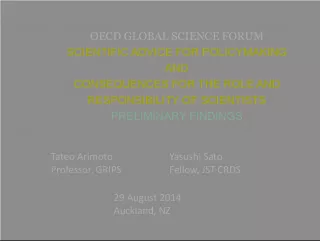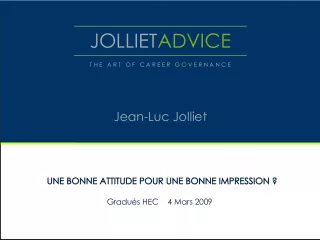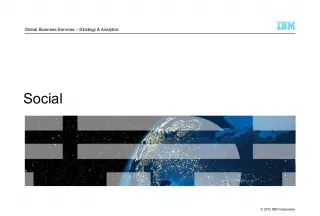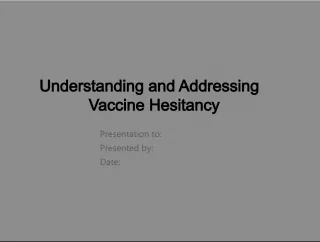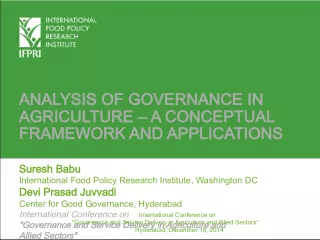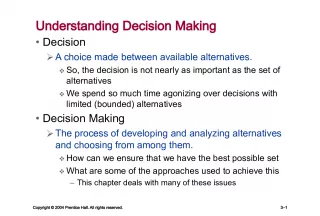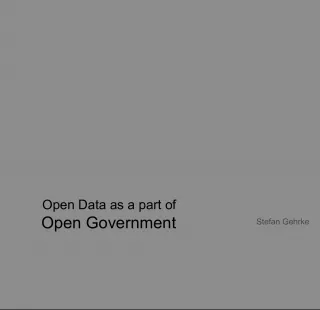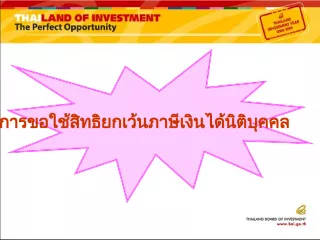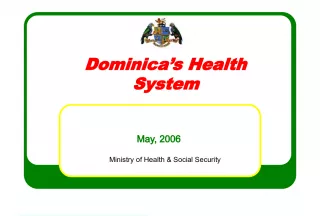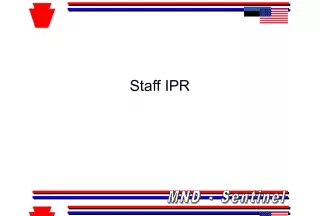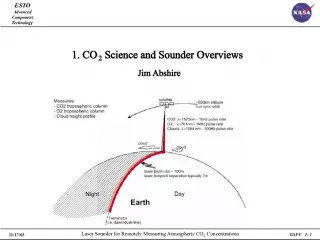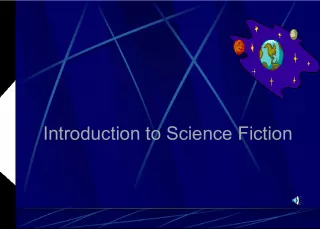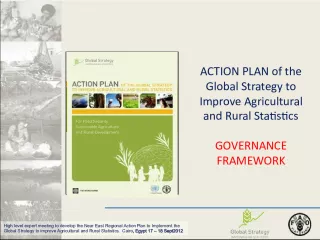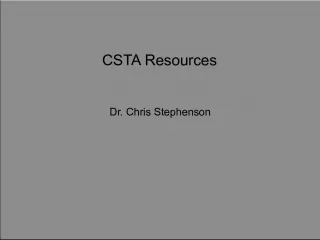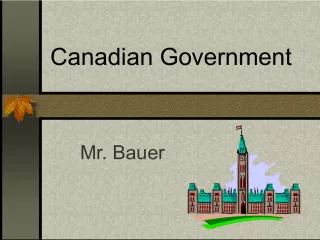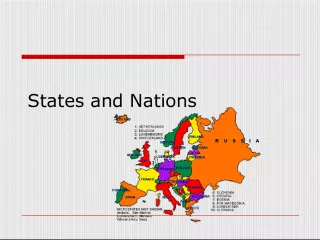"Global Governance of Science: Understanding the Creeping Agenda and Making Recommendations"
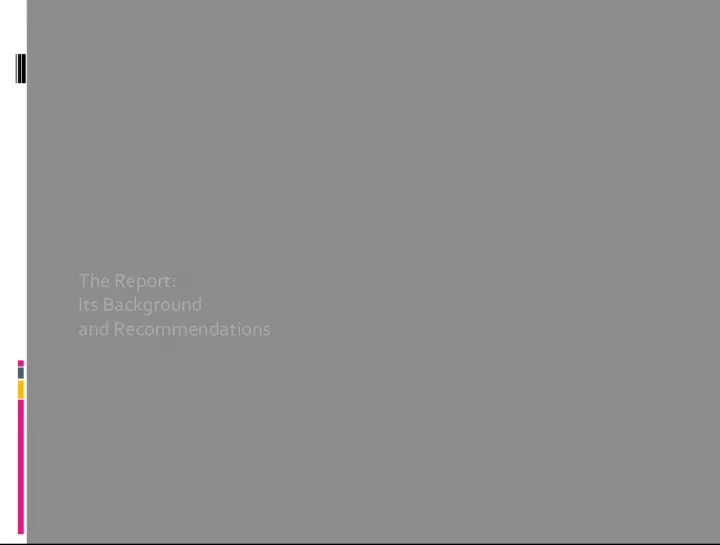

This report, authored by a diverse group of experts from South Africa, Norway, the USA, Denmark, Latvia, China, Germany, and the UK,
- Uploaded on | 1 Views
-
 mikkelnielsen
mikkelnielsen
About "Global Governance of Science: Understanding the Creeping Agenda and Making Recommendations"
PowerPoint presentation about '"Global Governance of Science: Understanding the Creeping Agenda and Making Recommendations"'. This presentation describes the topic on This report, authored by a diverse group of experts from South Africa, Norway, the USA, Denmark, Latvia, China, Germany, and the UK,. The key topics included in this slideshow are . Download this presentation absolutely free.
Presentation Transcript
Slide1The Report : Its Background and Recommendations
Slide2The authors Pamela Andanda – South Africa Matthias Kaiser – Norway Carl Mitcham – USA Linda Nielsen – Denmark Žaneta Ozoliņa – Latvia Ren-Zong Qiu – China Nico Stehr – Germany Jack Stilgoe - UK
Slide3What drives global governanceof science? Creeping global agenda – multi-level, multi- dimensional Pressing national agenda Intsitutionalism International regime – laws, codes, norms Growing networks Economic pressure s – challenges for growth
Slide4What drives global governanceof science? Transnationalism – innovation, technologies, brain - drain, circulation, bridges Politics pressure on science and science pressure on politics Expansion of interdisciplinarity Science as a common international good Ethics
Slide5How the Report approachesglobal governance? Global governance is about change Change of actors Change of resources Change of methods Change of relations (society and science, science and politcs, science and scientists) Change of priority settings
Slide6How the Report approachesgovernance? Governance - as innovative practices of networks or horizontal forms of interaction, in which actors (political and non-political), arrive at mutually acceptable decisions. Governance is needed for providing, distributing; regulating
Slide7Six Recommendations #1 Within the society of science, ethical governance should be promoted. #2 Scientists should be encouraged to be self-critical. #3 Scientists should adopt open access publication protocols.
Slide8Six Recommendations #4 ERA research projects should seek ways to enact fundamental human rights. #5 ERA research should promote critical reflection on the ends as well as the means of science.
Slide9Six Recommendations #6 EU should seek opportunities to exercise global leadership in harmonizing the internal and external governance of science across national borders.
